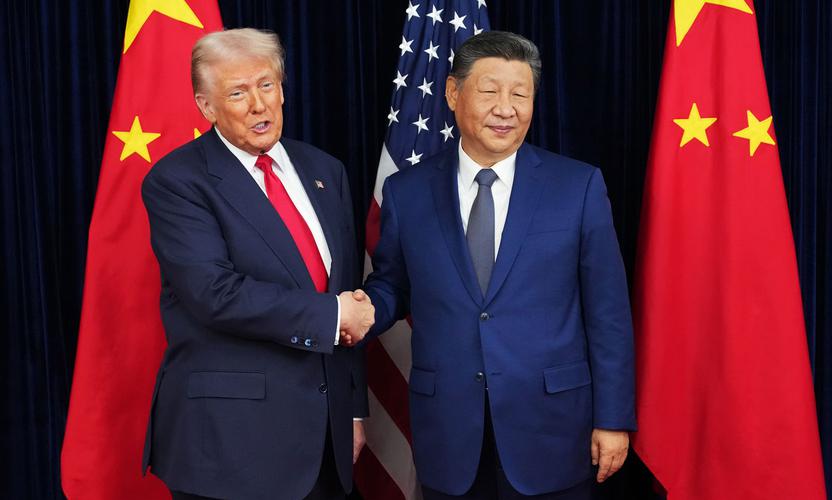China Evergrande Group is an overstretched player in one of the country’s most systemically important industries. But contrary to Lehman Brothers, the investment bank whose implosion blindsided investors and US policymakers in the wake of the 2008 subprime lending crisis, Evergrande’s financial strains are an outgrowth of preemptive policy tightening designed to manage risks.
The giant property developer, whose Chinese name translates literally as ‘forever big’, has dug itself a $300 billion debt hole through years of acquisition binges. With hundreds of ongoing building projects across the country and more than 100,000 employees, Evergrande fits the bill for a ‘too big to fail’ company in the eyes of many investors.
However, Chinese policymakers have shown a strong will to rein in moral hazard in the property sector, and we think an outright government bailout for Evergrande is unlikely. While a debt restructuring could be a possible outcome, the process and negotiations may take a long time. Over the last few years, countless tough measures have been rolled out to curb rampant home price appreciation and stamp out speculation.
Broader scrutiny
Stringent real estate regulation has become part of a national drive to shrink wealth gaps and promote sustainable development. Policy headwinds have swept through various sectors in recent months, including education, internet, Macau casinos, and real estate. Much of the focus has been on China’s ‘common prosperity’ drive, which seeks to address wealth imbalances across society and prioritise more equitable growth.
Despite Evergrande’s debt dilemma, the property industry remains a key pillar of the Chinese economy, accounting directly for an estimated 15 per cent of GDP, and 25 per cent on an indirect basis. Many millions of residents have poured their life savings into their apartments. As a result, efforts to deleverage the sector must also be careful not to destabilise it. Historically, China’s curbs on property development tend to ease when investment in the sector dips into negative territory, but tolerance for short-term pain appears higher than expected in the current tightening cycle.
The network effects of a further investment slowdown give pause for thought. Land purchases by developers, a key source of revenue for local governments across China, would dwindle. And banks would need to make more provisions for bad loans linked to developers and their suppliers. If developers ran into greater difficulty completing projects, homebuyers would hold back from taking mortgages, creating a potentially vicious cycle. Officials would be keen to avoid letting such a scenario play out.
Inflection points
We see ample room for policymakers to curtail systemic risks, including additional stress to the financial system. For example, policy adjustments may come in the form of relaxing restrictions on mortgage lending. At the start of the year, homebuyers in large Chinese cities typically waited a few weeks for mortgage approvals, but, under recently tightened rules, the wait has stretched to up to six months. For regulators, easing mortgage curbs would be one of the handiest options in their policy toolbox.
Likewise, on the macro front, we are watching for a possible inflection point for China’s monetary policy. A new cut in the reserve requirement ratio would be a strong signal, freeing up banks to lend more. Other methods, such as easing home price caps, appear less likely, given the strong and sustained official rhetoric against speculation in the sector.
Market outlook
On the whole, China’s markets look cheaper on a valuation basis than most global peers. Within the Chinse real estate space, while we think the likelihood of contagion is low, we expect Evergrande to continue to be an overhang for the market in the near term given the ongoing uncertainties over its debt obligations and what, if any, official support it may receive. As the problem drags on, other highly levered developers may encounter a lack of funding access and see volatile trading in their bonds and stocks.
Following the recent selloffs, the dollar bonds of some Chinese developers are offering attractive yields. However, cautious selectivity is the key principle at the moment, and investors should focus on quality names.
As Evergrande’s fate unfolds in the coming weeks, investors will be given a clearer indication of just how far policymakers are prepared to go in taking aim at moral hazard. But we can already draw some conclusions based on China’s handling of the crisis to date; first and foremost is that the era of mainland developers growing ‘too big to fail’ has ended. Strict property regulation will likely stay, and strong balance sheets should outweigh growth potential in the sector for years to come.










































